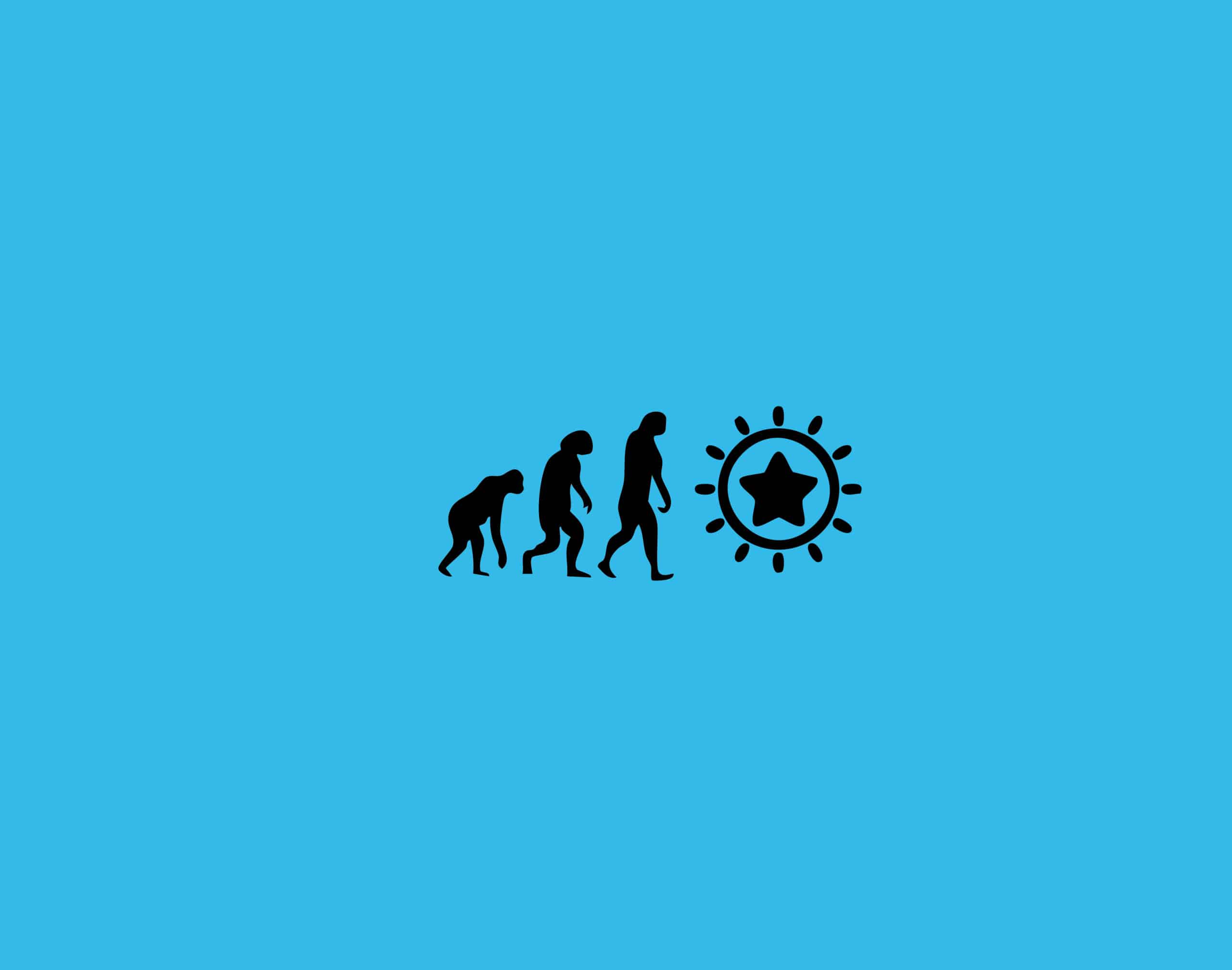In a world oversaturated with content, the brands that survive aren’t the loudest—they’ve evolved into emotionally intelligent “Brandsapiens.”
Introduction
The transition from the Digital Age to the Emotional Era has fundamentally changed how brands connect with consumers. Today’s audiences demand more than catchy slogans or flashy visuals—they seek authenticity, empathy, and deeper meaning. Enter “Brandsapiens,” the brands that have adapted to prioritize emotional intelligence and long-term relationships over mere transactions.
What are Brandsapiens?
A “Brandsapien” is a brand that thrives by prioritizing emotional connection, empathy, and authenticity. This evolution acknowledges the shift in consumer behavior and positions brands as relatable and adaptive entities.
Key Traits of Brandsapiens
- Empathy-Driven Messaging
Brandsapiens understand their audience’s challenges and aspirations, weaving these insights into messaging that resonates deeply.- Industry Example: Nike’s “You Can’t Stop Us” Campaign
During the pandemic, Nike celebrated human resilience by connecting sports to global challenges. The campaign’s inclusive messaging resonated across cultures, creating an emotional link with audiences navigating uncertainty.
- Industry Example: Nike’s “You Can’t Stop Us” Campaign
- Authenticity and Transparency
Modern consumers value honesty and shared values. Brandsapiens communicate openly and stay true to their mission.- Industry Example: Patagonia’s Activism for Sustainability
Patagonia’s “Don’t Buy This Jacket” campaign urged consumers to reduce overconsumption, aligning with its environmental mission. By sacrificing short-term profit, Patagonia cemented trust and loyalty among eco-conscious consumers.
- Industry Example: Patagonia’s Activism for Sustainability
- Adaptability
Brandsapiens evolve with shifting societal norms and consumer expectations, staying relevant without losing their identity.- Industry Example: Netflix’s Social Media Strategy
Netflix adapts its humor and tone based on cultural and regional trends, engaging diverse audiences authentically while keeping its brand voice intact.
- Industry Example: Netflix’s Social Media Strategy
The Evolution of Branding in the Emotional Era
The Emotional Era emphasizes human-centric branding strategies. Today’s consumers are not just looking for products—they are seeking relationships with brands that reflect their values and understand their needs.
How Brands Must Evolve
- Focus on Emotional Connections
Building emotional connections fosters loyalty and advocacy.- Industry Example: Apple’s “Shot on iPhone” Campaign
Apple invited users to showcase their creativity with real-world photos taken on iPhones. The campaign celebrated user stories and created a personal bond with the brand.
- Industry Example: Apple’s “Shot on iPhone” Campaign
- Embrace Storytelling
Stories evoke emotions and help brands stand out in crowded markets.- Industry Example: Coca-Cola’s Holiday Campaigns
Every year, Coca-Cola tells heartwarming stories centered on family, love, and togetherness, making its brand synonymous with holiday cheer worldwide.
- Industry Example: Coca-Cola’s Holiday Campaigns
- Balance Purpose with Profit
Brandsapiens align business goals with a larger mission, proving they stand for more than just sales.- Industry Example: TOMS’ “One for One” Model
TOMS built its identity by donating a pair of shoes for every purchase. This purpose-driven approach attracted customers who wanted their spending to contribute to social good.
- Industry Example: TOMS’ “One for One” Model
Why Brandsapiens Thrive
We’ve shown you how industry giants like Nike, Patagonia, and Coca-Cola are leading the charge as Brandsapiens—brands that connect, adapt, and resonate on a human level. Now it’s your turn. Evolve your brand into a Brandsapien or risk fading into extinction like the Neanderthals of marketing.
Here’s why embracing this shift is critical for survival:
- Stronger Consumer Loyalty:
Brandsapiens foster long-term relationships, turning customers into advocates. - Higher Engagement: Authentic interactions build trust, leading to more meaningful consumer-brand interactions.
- Resilience in Crisis: Emotionally intelligent brands adapt to challenges and continue to resonate with audiences.
Key Takeaways with Fictional-World Examples
- Empathy Creates Connections
You could own a small flower shop and include handwritten notes with bouquets, acknowledging birthdays, anniversaries, or tough days. This personal touch makes customers feel valued and keeps them coming back. - Authenticity Builds Trust
If you run a local auto repair shop, sharing honest advice and transparent pricing—even when it means a smaller sale—builds trust and turns first-timers into loyal customers. - Adaptability Ensures Relevance
Imagine running a diner and introducing seasonal menu items based on customer feedback. Small changes show you’re listening, keeping regulars excited and attracting new faces. - Storytelling Drives Engagement
If you’re a bookstore owner, sharing stories about readers discovering life-changing books—through social media or displays—creates emotional connections that inspire others to visit. - Purpose Inspires Loyalty
You might own a coffee shop that donates a portion of sales to local schools or food programs. Customers feel good supporting a business that gives back to the community.
FAQs for this page
What is a Brandsapien?
A Brandsapien is a brand that connects emotionally with its audience through empathy, authenticity, and purpose-driven strategies.
Why do brands need to adapt in the Emotional Era?
Consumer expectations have shifted; they now seek meaningful connections and shared values with brands.
How can small businesses become Brandsapiens?
Focus on storytelling, demonstrate empathy in messaging, and stay authentic to your mission.
What industries benefit most from emotional branding?
All industries can benefit, but lifestyle, fashion, and tech brands often lead the way in leveraging emotional connections.
What’s a common mistake when trying to connect emotionally?
Faking authenticity. Audiences quickly lose trust in brands that don’t align actions with stated values.
Conclusion
The rise of Brandsapiens marks a pivotal shift in how businesses connect with their audiences. In the Emotional Era, success isn’t about being the loudest voice—it’s about being the most human. By embracing empathy, authenticity, adaptability, and purpose, brands can foster emotional connections that drive loyalty, engagement, and long-term growth.
Now is the time to evolve. Whether you’re a global powerhouse or a small business, the principles of emotional branding are universal. Build connections, tell authentic stories, and prioritize relationships over transactions—because in today’s world, the brands that thrive are the ones that truly understand and care for their customers.
Partner with Cordeeple Today
Will your brand adapt and thrive as a Brandsapien
or fade into irrelevance? The choice is yours.
Adapt your brand today!Sources
- Nike’s “You Can’t Stop Us” Campaign: https://www.nike.com
- Patagonia’s Sustainability Commitment: https://www.patagonia.com
- Coca-Cola’s Storytelling Campaigns: https://www.coca-colacompany.com




